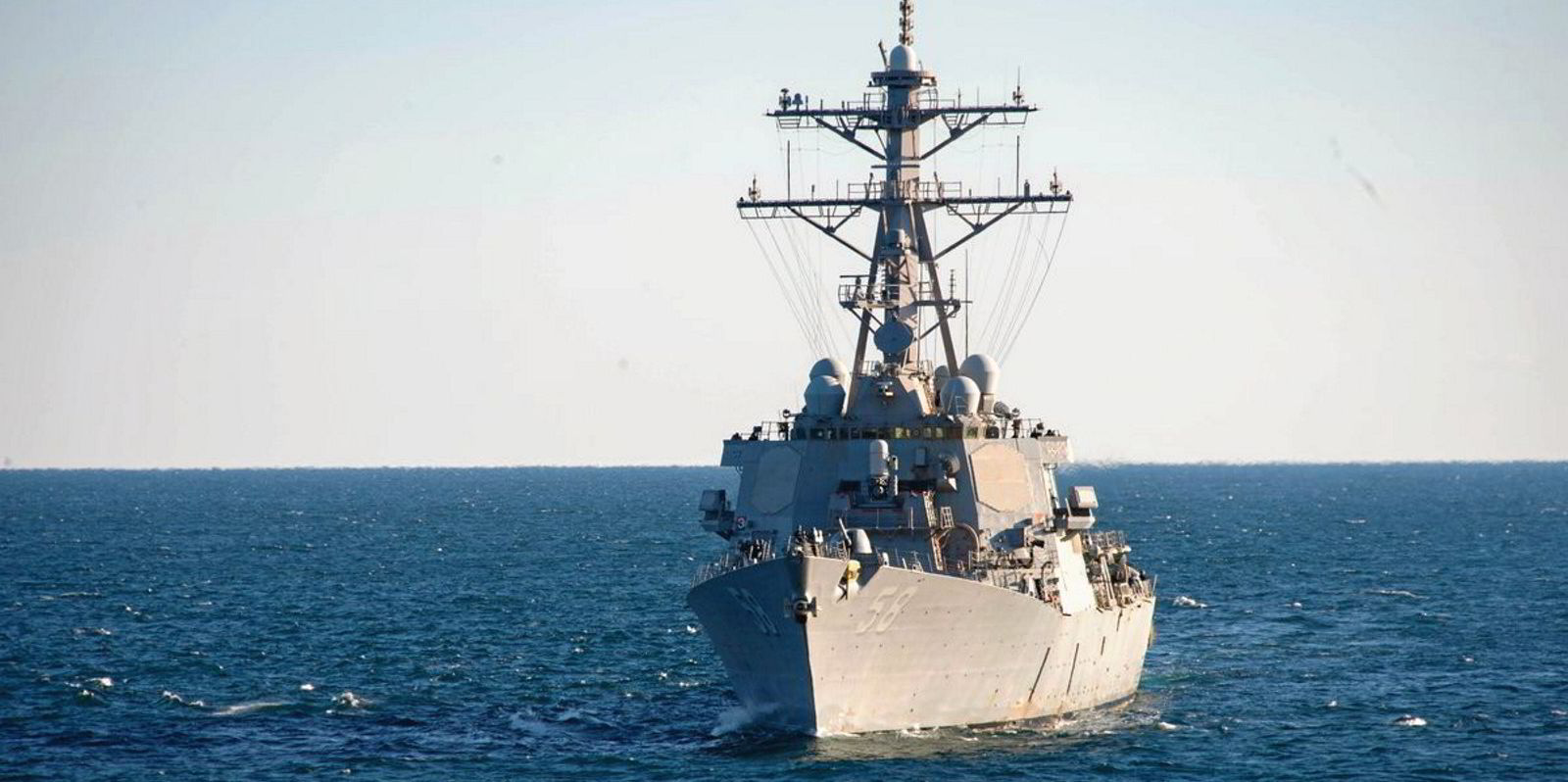Navigating Security Challenges in the Red Sea: Understanding War Risks
In recent years, the Red Sea has become a focal point for geopolitical tensions and maritime security challenges. The strategic significance of this region has led to increased concerns about potential war risks. Examining the complexities involved is crucial for comprehending the dynamics shaping the Red Sea’s security landscape.
Geopolitical Dynamics: A Breeding Ground for Tensions
The Red Sea’s geopolitical landscape is marked by a convergence of interests, often creating a breeding ground for tensions. Various nations with strategic interests in the region contribute to the complex web of alliances and rivalries. Understanding the geopolitical dynamics is essential to predicting and mitigating potential war risks.
Maritime Security in Focus: The Naval Theater
The naval theater in the Red Sea plays a pivotal role in shaping the security environment. Naval operations and maneuvers by different actors intensify the competition for control and influence. As nations flex their maritime muscles, the risk of confrontations and conflicts escalates, underscoring the need for comprehensive maritime security measures.
Rising Concerns: Assessing War Risks
The escalation of geopolitical tensions and increased military presence raise concerns about the potential for conflicts in the Red Sea. Assessing war risks involves analyzing the capabilities, intentions, and historical context of the involved parties. This evaluation is crucial for developing effective strategies to navigate the complexities of the region.
Military Strategies and Exercises: Implications for Security
Nations in the Red Sea region often engage in military strategies and exercises to assert their dominance. These maneuvers have implications for regional security, as they contribute to an atmosphere of heightened alertness. Understanding the nature and purpose of these activities is vital for gauging the risk of military conflicts.
Collaborative Diplomacy: A Path to Mitigation
Addressing war risks in the Red Sea requires a multifaceted approach, with collaborative diplomacy at its core. Engaging in dialogue and fostering cooperation among nations can help build trust and reduce the likelihood of military confrontations. Regional stability hinges on diplomatic efforts aimed at finding common ground and shared interests.
Maritime Defense: Safeguarding Vital Sea Lanes
The Red Sea serves as a critical maritime artery, facilitating the transport of goods and resources. Safeguarding these vital sea lanes is imperative for global trade and economic stability. Enhancing maritime defense capabilities is essential to ensure the free flow of commerce and prevent disruptions that could arise from potential conflicts.
Strategic Naval Presence: Balancing Act for Stability
Maintaining a strategic naval presence in the Red Sea is a delicate balancing act for nations seeking to assert influence. While a strong naval presence can deter potential threats, it also runs the risk of provoking tensions. Striking the right balance is crucial to promoting stability without exacerbating the security situation.
International Cooperation: Building a Unified Front
The Red Sea’s security challenges transcend national borders, necessitating international cooperation. Building a unified front through collaborative efforts, such as joint patrols and information-sharing mechanisms, can enhance the collective ability to address common security threats. A united approach reinforces the importance of shared responsibility in maintaining regional stability.
Looking Ahead: Towards a Secure Red Sea Region
As we navigate the complex terrain of war risks in the Red Sea, it is essential to remain vigilant and proactive. By understanding the geopolitical dynamics, prioritizing collaborative diplomacy, and bolstering maritime defense capabilities, nations can contribute to a secure and stable Red Sea region. The path forward requires a commitment to international cooperation and a shared vision for lasting peace.
[Explore more about Red Sea War Risks here].

